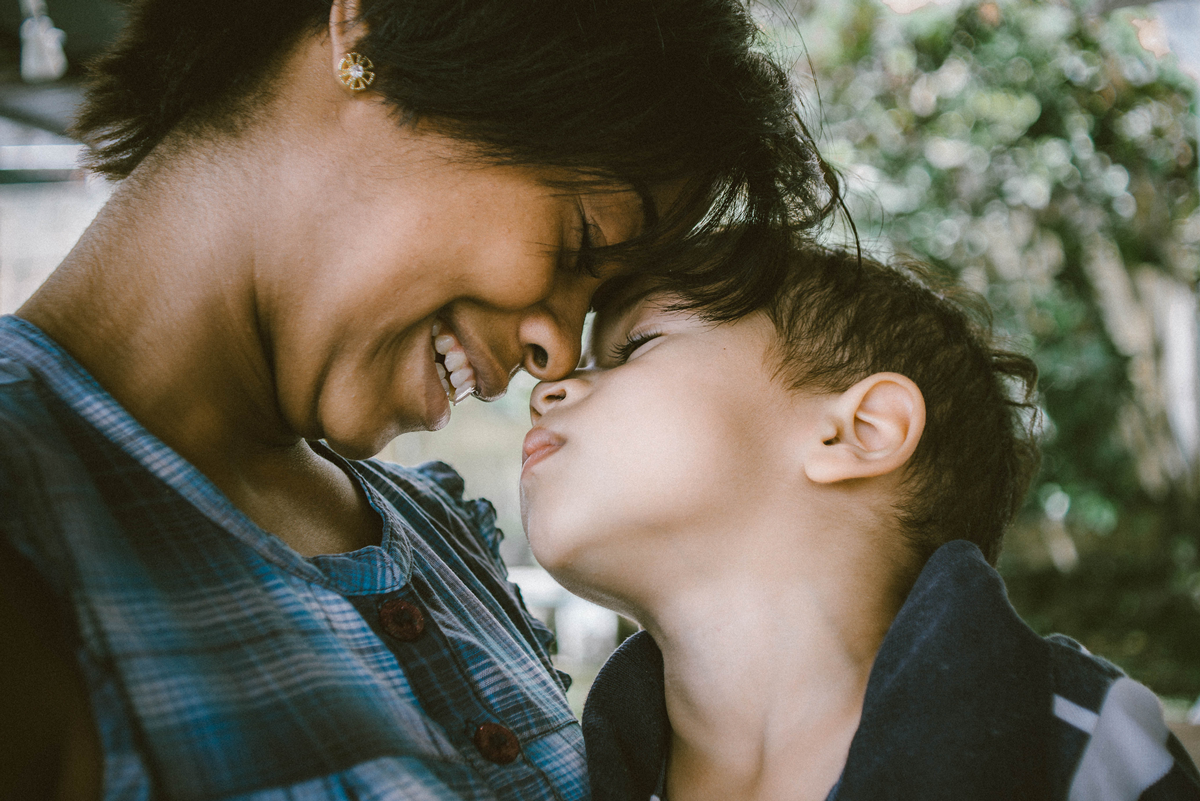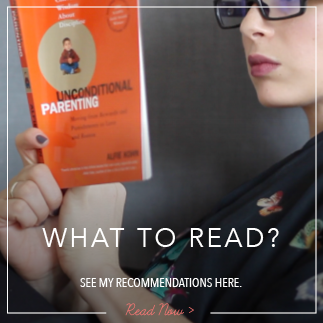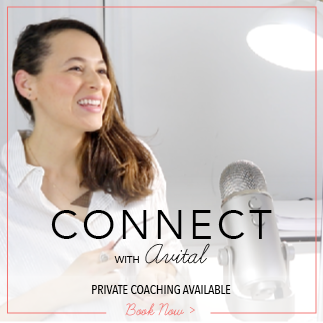Emotional Bank Account
How to Fill Up Your Child’s Love Cup!
Joining me in this episode, we have Hunter Clark Fields, from MindfulMamaMentor.com and the Mindful Mama podcast, who has 20 years of experience on parenting with mindfulness and yoga. I’ve had the pleasure of collaborating with her on her blog, and now she’s visiting us, in turn, to discuss Emotional Bank Accounts. Welcome, Hunter!
What is an Emotional Bank Account?
An Emotional Bank Account is a metaphor that helps us visualize and nurture our relationships with our children (or partner too!). It’s how we stay emotionally connected.
It works exactly like any regular savings account: You make deposits and withdrawals.
And just like a regular bank account, it can have a positive balance, or a negative one.
Balancing the Check Book
An emotional bank account, and consequently connection, grows with more deposits than withdrawals.
DEPOSITS
To keep your child’s emotional bank account healthy, generate positive interactions with your child. The best currency?
Cuddles. Tickles. Hugs.
Singing. Being Present. Undivided Attention. Silliness and Tomfoolery.
Any natural way that you connect with your child– that’s a deposit.
There are different levels of deposits (or withdrawals!). Big deposits can be special dates or trips, ice cream splurges, or birthday parties. But small, recurrent, daily deposits is where you build sustainable emotional connection: A smile, a pat on the back, a loving look when they turn around to check if you are watching.
Just like pocket change can grow into a hefty sum when saved in a piggy bank, a constant flow of little but significant signs of love can generate abundant emotional wealth in your child. When the bank balance is in the positive: you have the GOLD MINE of cooperation, connection, and emotional regulation with your children.
WITHDRAWALS
Withdrawals, on the other hand, are the gym membership you signed up for and forgot to cancel when you stopped going 4 months ago—a drain on your account.
Each time you have a request, utter a command, or correct a behavior, you’re cashing a check out of your child’s emotional bank. Threats. Criticism. Orders. Unskillful Language. Turning away from bids of connection—all withdrawing resources from the vault. Even strong boundaries can put a strain on a child’s emotional capacity.
And likewise, different levels of withdrawals are valid here too. Starting school. Moving to a new house. A new sibling. Changes to schedules. All BIG deductions.
We can’t stop making withdrawals, just like we can’t stop paying our bills. So what does this mean? Just like with any other money account, we just simply need to put more deposits in than withdrawals. A lot more.
According to the Gottman Institute, a relationship and counseling program who championed the idea of an emotional bank account in relationships, the key is to keep a ratio of 5:1. That’s five deposits for every ONE withdrawal. But that’s just in times of conflict or stress (like bedtime routine!). Otherwise a 20:1 ratio is ideal for everyday interactions! TWENTY!
Why is this so important? Dr. Laura Markam explains in Calm Parents, Happy Kids, incoming deposits can smooth the effect of our withdrawals when we set limits and create boundaries. There is still a positive perception of the relationship there.
But go into the red: and there is conflict, doubt, and disconnection.
Have you made big withdrawals lately?
This is the perfect moment to ask your child: “On a 1 to 10 scale, how full is your love cup right now?” Or, as Hunter, our video guest, puts it, “I think we need to fill up your kiss tank! It’s running a little low.”
Do you want more ideas for bank deposits? Here’s 24 Ways to Say I Love You. Consider it a deposit from me to you!
Invest in your partner too.
Just as you have an emotional bank account with each of your children, you have one with your partner as well. Make sure you keep investing in your emotional connection with him/her.
When it comes to partnering, the idea is to respond to your significant other’s bids for attention by turning towards them (deposit) instead of away from them (withdrawal).
When he talks about sports. When she talks about her day. Turn towards each other.
A study from the University of Washington reveals that couples who keep their positive interactions above or around 86% have the best chances of remaining together, while those who stay under 33% are likely to eventually separate.
When you feel disconnection in your relationship, visualize that emotional bank account and assess where you stand. If the balance is starting to go into the red, start making deposits today! Keep in mind that a healthy balance allows you to deal with everyday challenges, and that attention and care for one another’s emotional bank account creates a more resilient connection.
Both parenting and partnering can require significant emotional labor. Every day you must make the choice to keep on loving your family, to be intentional and mindful in your parenting choices, and to turn towards your partner.
If you feel that you need to start making changes to your relationship with your partner, my Parent in Love course is available. Transform your relationship to one of respect, connection, and teamwork.
Remember…🎶 All you need is love! 🎶 Or should I say…🎶 Money! Money! Money!🎶








I am definitely going to start asking miss 3 how full her love cup is …that is great!!